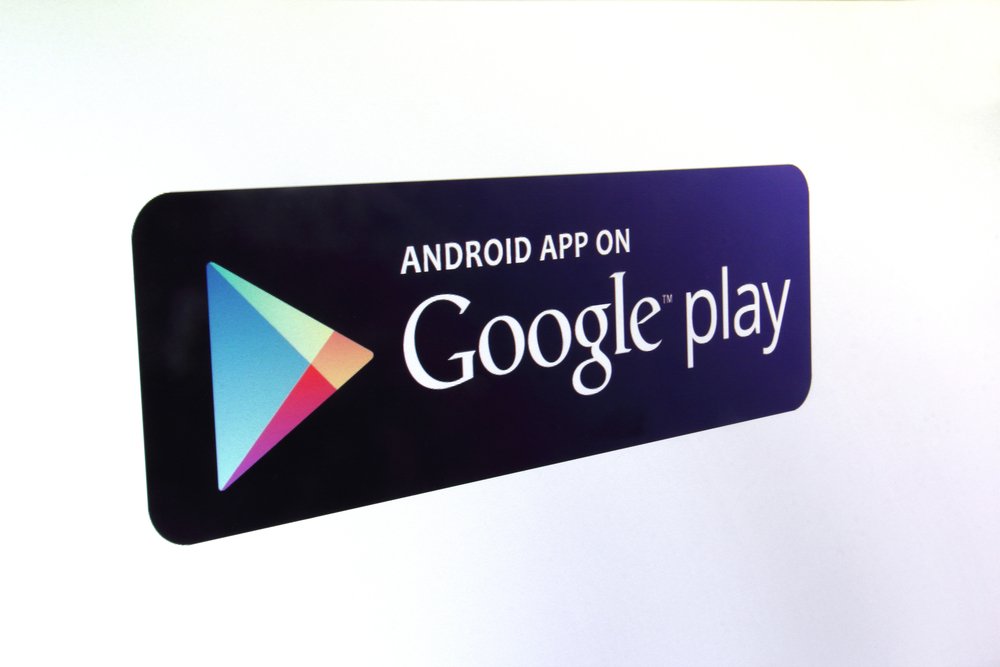Table of Contents
Saikat Mitra, Google’s Vice President and Head of Trust and Safety for Asia-Pacific, sheds light on the difficulties faced by the tech giant in controlling bad loan apps. Mitra explains that the challenge lies in identifying “bad business practices” rather than malicious content. Here’s an insight into why it took time for Google to rein in such apps and the measures implemented to ensure user safety.
The Complex Approval Process
Mitra outlines the meticulous process an app undergoes before being listed on the Google Play Store. Beyond scrutinizing the code for potential threats, Google evaluates content safety, aiming to ensure that apps do not compromise user data or engage in harmful activities. However, discerning “bad business practices” proves to be the most intricate aspect of the approval process.
Enhanced Measures for Loan Apps
Approving loan apps involves additional steps to safeguard users from scams and malware. Collaborating with regulatory bodies, including the Reserve Bank of India (RBI), Google now enforces stringent rules. Loan apps must showcase their lending license, indicating affiliation with an RBI-licensed bank or NBFC. This regulatory collaboration aims to prevent unauthorized loan apps from exploiting users.
Stricter Access Controls
Google has instated crucial changes to protect users from potential data breaches. Mitra emphasizes that loan apps on the Play Store—now reduced to a verified 200—cannot access contacts, images, or device data. This marks a significant shift from the earlier scenario where Google listed 4000 loan apps without such stringent restrictions.

Caution Against Sideloading
Mitra warns users against downloading apps from unverified sources through sideloading, emphasizing the limited control Google has over such applications. A pilot initiative with the Singapore government aims to block sideloaded apps with excessive permissions, addressing the challenge posed by the unregulated nature of sideloading.
Advertising Loan Apps Responsibly
Addressing concerns about advertising loan apps, Mitra asserts that as long as the apps are legitimate and listed on the Play Store, advertising is permissible. However, the focus is on responsible advertising to prevent potential harm to users.
Google’s proactive approach involves continuous collaboration with regulators, stricter app approval processes, and enhanced user protection measures. Users are advised to download apps exclusively from the Play Store to mitigate the risks associated with poor-quality experiences, scams, and malware.
